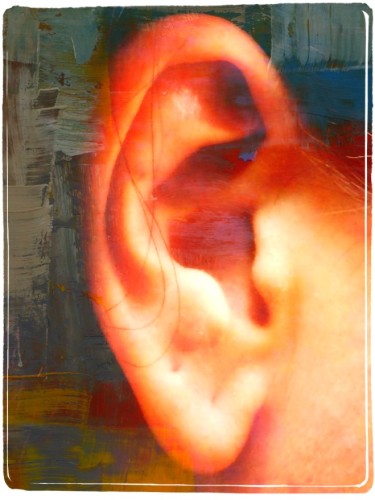
Back in June I wrote a post on reasons to do writing practice. Â The first reason I mentioned was that writing practice sharpens your writing skills.
I gave some general ideas of how writing practice sharpens your skills. Â Here are some more specific ideas on how to use your writing practice to hone your craft.
Before we dive in, let me say that I think sometimes you should just write. Start with a prompt or just start with a blank page and write for your 10 or 15 minutes or for your three pages or whatever marker you've chosen. Write to get words out. Â Write to find out what you're thinking about. Â Don't make every session about improving your craft or practicing specific things. Â Let some sessions be only about letting words flow.
Now, for those times when you do want to focus more on craft, here are some ways to do it.
Sharpen Your Writing Skills:
- Use writing exercises from books and websites. Set up a file of exercises to use when you want to practice craft so you don't have to do a lot of searching to find something to write about. Â You might want to create categories for your exercises: description, setting, action scenes, dialogue, character work, and anything you might need that's specific to your own story or your genre.
- Use a story generator prompt.  See my post about prompts or search for story prompts (a story prompt will give you a whole story premise rather than just an interested object or idea to write from as some writing prompts do).  Try to come up with a complete story from the prompt. (These kinds of prompts are great for writing flash fiction.)
- Write about your main character doing ordinary things--getting ready for work in the morning, having dinner home alone, having dinner out, getting ready for a date, preparing for a job interview, etc. Writing about these ordinary things will give you good writing practice and also help you learn more about your characters. Â Then do some of these for your antagonist and other characters.
- Write about your main character's home, their favorite outfit or piece of clothing, their car, their desk, their bathroom. Â Again, do this for other characters, too. This will give you description practice and, as with the above prompt, will help you learn more about your characters.
- Write about your own memories. Â What did the kitchen smell like at Thanksgiving? What did your grandma's attic smell, look, sound like? Â Keep a list of memories you can write so you can turn to them when you want to do this work. Â Also search for memoir prompts to help you find what to write about. Â Writing this will help you hone your descriptions, and it's enjoyable to visit your own past.
- Try out some poetry prompts. Â Writing poetry, even partial poems, is great for developing your descriptive writing and for learning to use metaphors and other rich forms of language.
Writing to develop your craft isn't too much different from doing general writing practice. Â It's really sitting down to write with the intent of practicing a particular aspect of writing much like sometimes a golfer goes out to play a practice game and sometimes he goes out to work on his putting.
Use these ideas to mix up what you work on in your writing practice sessions. Â It will enhance your work and keep you from falling into a rut. Â But mostly, keep writing.









